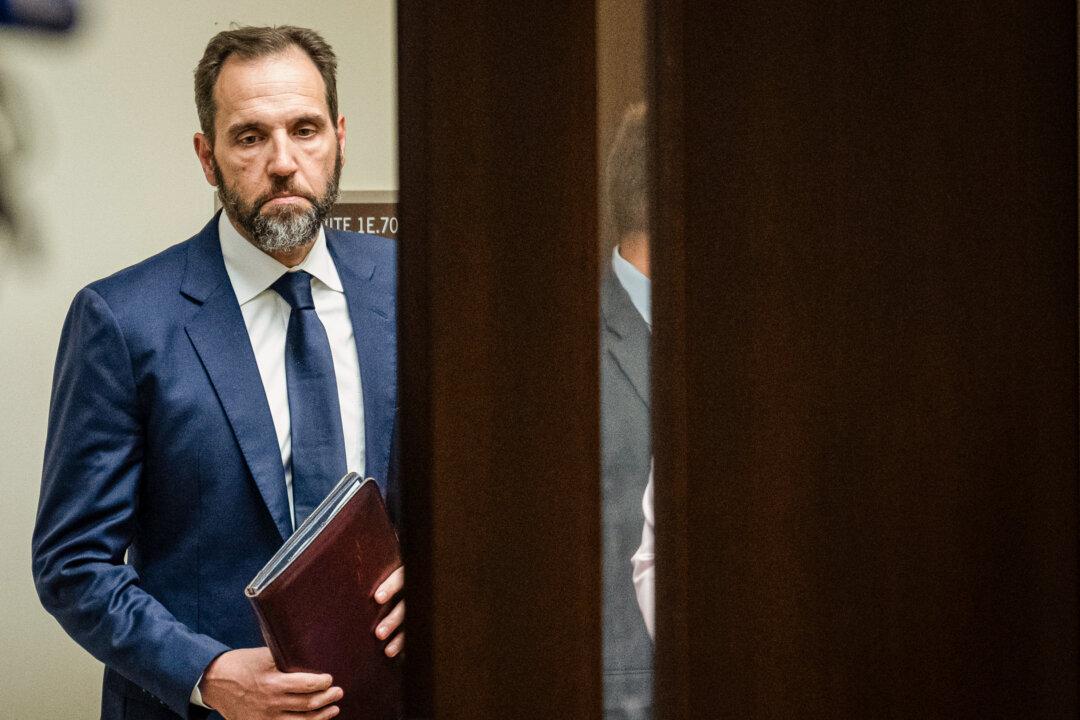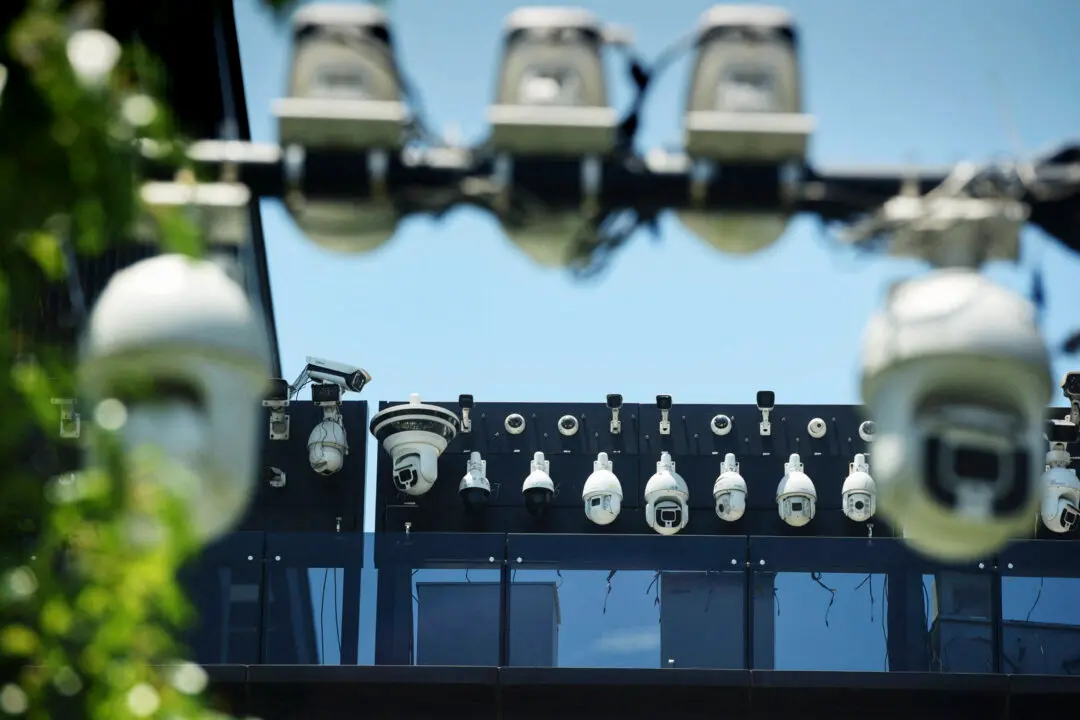On Feb. 9, U.S. District Court Judge Aileen Cannon paused an order that could lead to revealing the identities of two dozen potential witnesses in former President Donald Trump’s classified documents case, in response to a Feb. 8 request by prosecutors.
Defense attorneys for President Trump were seeking to file a public court record on Feb. 9 to reveal the identities of the witnesses, and the judge has asked them to let the court know how the pause would affect this by 3 p.m.





